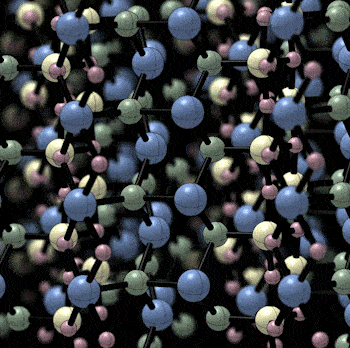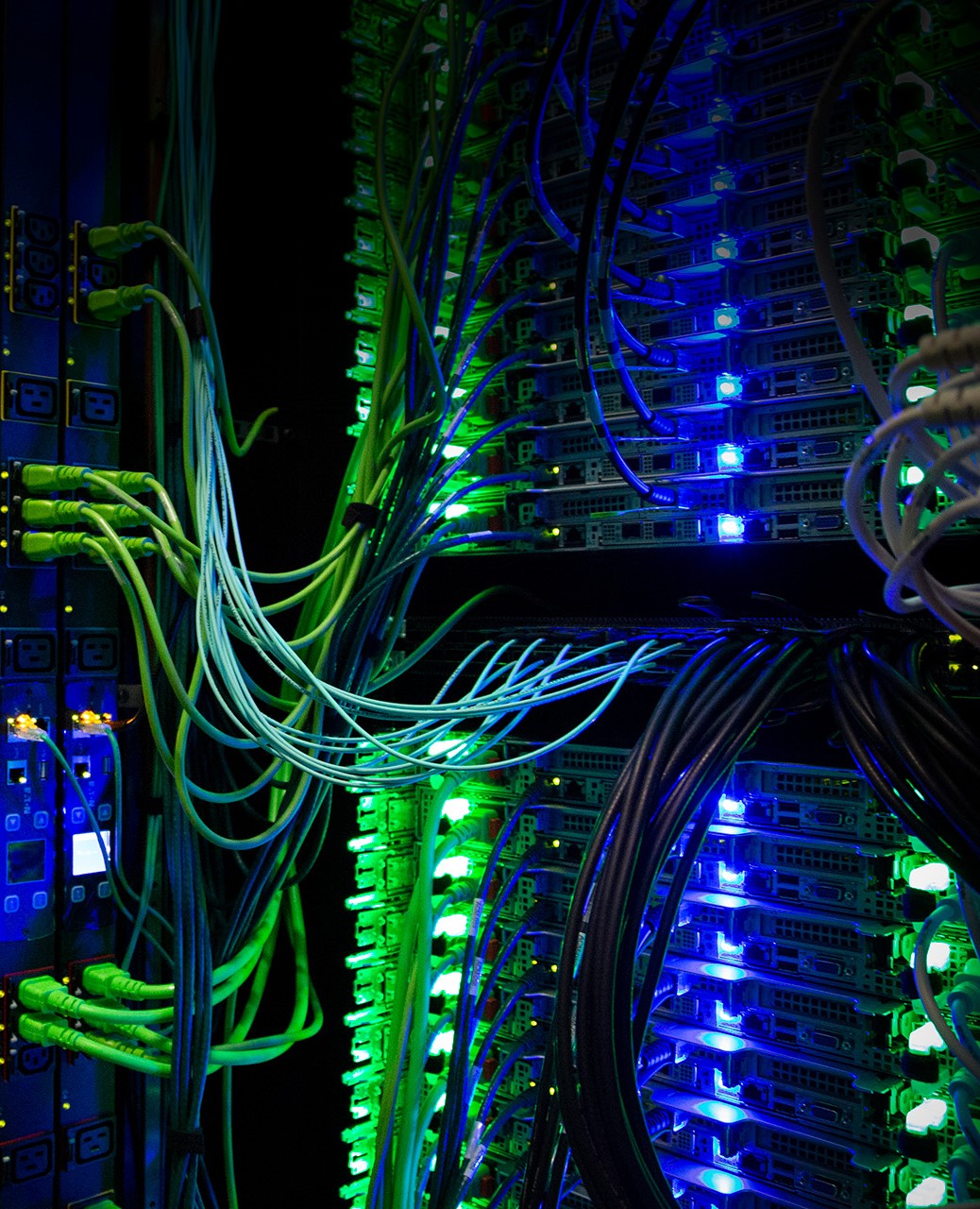Renaissance Scientists in the Mendoza Lab Tackle Climate Change
José Luis Mendoza Cortés is working to solve some of the most important questions facing our planet. As a professor of Chemical Engineering and Materials Science at Michigan State University, Mendoza uses the laws of nature to develop computational algorithms with machine learning and artificial intelligence focused on tackling climate change through clean energy, nuclear waste separation, sustainable materials, CO2 capture, and much more.
The Mendoza Laboratory
 Mendoza’s areas of expertise span many fields. He believes that interdisciplinary knowledge is foundational to the success of the Mendoza Lab. A single area of expertise cannot solve the complicated issues facing our world today, which is why he uses the term “renaissance scientists” to describe himself and the members of his lab. As a group of renaissance scientists, they can tackle a wide array of issues because the diverse backgrounds of each member bring unique expertise to any given problem.
Mendoza’s areas of expertise span many fields. He believes that interdisciplinary knowledge is foundational to the success of the Mendoza Lab. A single area of expertise cannot solve the complicated issues facing our world today, which is why he uses the term “renaissance scientists” to describe himself and the members of his lab. As a group of renaissance scientists, they can tackle a wide array of issues because the diverse backgrounds of each member bring unique expertise to any given problem.
In the Mendoza Lab, students are trained in a process of theory, code development, and application. Theory encompasses the core set of rules that explain nature. These include the laws of physics, chemistry, and engineering, which are usually enclosed in mathematical formulas.
The next step is code development, which occurs in silico, or in other words, in a computer laboratory. The Mendoza Lab uses the supercomputer at the Institute for Cyber-Enabled Research (ICER) to solve the equations established by theory. Anything that has atoms can be modeled in a supercomputer, and these models are developed and tested rapidly through many iterations.
Finally, rooted in the fundamental laws of nature, the application step is where the results of the simulated supercomputer reality are used to test solutions in the real world. An example of an application from the Mendoza Lab is creating sustainable materials for construction so that houses, hospitals, and schools can be built without damaging the planet.
Making these materials in an experimental setup would take many years. By using ICER’s supercomputer, the Mendoza Lab can create in-silico materials predictions that advance their research by hundreds, thousands, or even millions of years. When they are ready to make a new material outside of the computer, they can skip many years of testing and developing variations of the material and can just focus on the best one.
Applications
The best material for an application will be the one that most closely meets the research objective. Examples from Mendoza’s work include solar energy, where the objective is to trap the most solar energy. The best material from the options generated in the supercomputer will be one that can trap more of the solar spectrum. For batteries, he investigates how much of an energy-storing ion can be placed in the least amount of volume. There, the best material is the one that can hold the most energy. For nuclear waste, he generates materials that select isotopes that are less radioactive, or perhaps could even be used for chemotherapy. The best material here is the one that is the most selective.
Early Years in Mexico
 Mendoza has found joy in learning throughout his life. He received accolades for his scientific mind as far back as sixth grade when he met the president of Mexico because he earned one of the highest scores in the Knowledge Olympiad. In high school, his photo was featured on the cover of textbooks because he was selected for the International Olympiad in chemistry, physics, math, and informatics.
Mendoza has found joy in learning throughout his life. He received accolades for his scientific mind as far back as sixth grade when he met the president of Mexico because he earned one of the highest scores in the Knowledge Olympiad. In high school, his photo was featured on the cover of textbooks because he was selected for the International Olympiad in chemistry, physics, math, and informatics.
Growing up in Mexico imparted on Mendoza the importance of building friendships with colleagues and students, and using that sense of community when dealing with difficult problems. As a renaissance scientist, he finds value in combining academic disciplines to solve problems. Similarly, he utilizes the mindset of a global citizen, rather than a citizen of a single country, to solve the global challenges facing humanity, like climate change and sustainability.
The lab of Professor Mendoza-Cortes is always open to collaborating with colleagues and receiving master’s, doctoral, postdoctoral, and undergraduate students. Click here to learn more about the Mendoza Lab.

